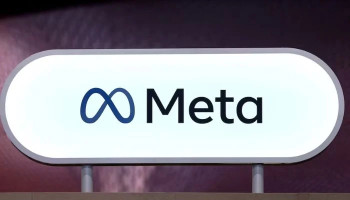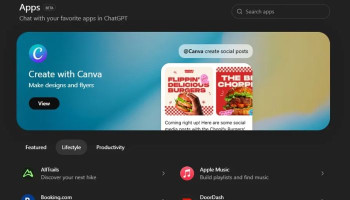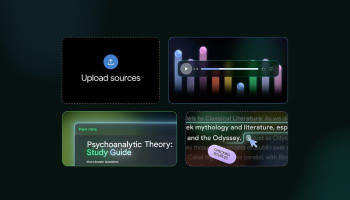
Meta, the company behind popular platforms like Facebook and Instagram, has introduced its latest advancement in artificial intelligence: the Llama 3 series. These new models, named Llama 3 8B and Llama 3 70B, mark a significant improvement over their predecessors, proclaiming billions of parameters for enhanced performance.
These parameters, which define the capabilities of an AI model, contribute to Llama 3’s prowess in tasks such as text analysis and generation. Meta claims that these models, trained on massive GPU clusters, rank among the top-performing generative AI models available today.
To support their claims, Meta highlights the impressive scores of Llama 3 on various AI benchmarks, showcasing its proficiency in areas like knowledge retention, skill acquisition, and reasoning abilities. Additionally, Llama 3 outperforms competitors like Mistral and Google’s Gemma series in core AI tasks like reasoning and coding.

One notable feature of Llama 3 is its extensive dataset, which comprises a staggering 15 trillion tokens, or approximately 750 billion words. This vast dataset, derived from diverse sources, including publicly available data and synthetic data, enables Llama 3 to excel across a wide range of tasks and languages, as reported by Tech Crunch.
Meta emphasises the advancements in model steerability, responsiveness to queries, and accuracy in trivia and STEM-related questions. These enhancements are attributed to Llama 3’s larger dataset and refined training processes.
Despite the impressive capabilities of Llama 3, concerns regarding model toxicity and bias continue in the AI community. Meta assures users that it has implemented strict data filtering mechanisms and updated safety suits to address these issues.
While Llama 3 models are now available for download and power Meta’s AI assistant across various platforms, It’s important to note that they are not open-source. Developers are restricted from using Llama models to train other generative models, and special licences are required for app developers with extensive user bases.
















